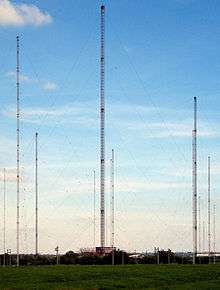London re-calling
The Clash record London Calling, closes with a burst of Morse Code. It is rare to hear it played, most presenters fade the record before the final sounds are reached, talking over the moment which is the culmination of the song, failing to realize that the SOS Morse message at the end is the call London is sending out.
It was the line “London calling at the top of the dial” combined with the burst of Morse that endowed the song with an eerie quality, created a sense of isolation, a sense of a world deaf to communication.
There was a wireless with a dial on the front, its wooden case was the size of shoebox, a light varnished veneer enclosed a radio that still had valves. A tightly woven material covered the front, at the right hand end was the dial, a pre-plastic disc of a around four inches diameter, it covered a deep red circle on which were printed the names of stations across Europe: Athlone, Hilversum, Luxembourg, Wien and so on, along with the BBC Home and Light Services and the BBC Third programme.
The BBC may have been at the top of the dial, wherever it may have been its frequencies would have been well-known to many people in places far from England. “London calling” was often the greeting used by BBC broadcasters during the dark times of the Second World War.
The BBC was never disturbing, its reassuring patrician voices spoke of a world that was safe and ordered. It was turning the dial that brought a sense of a world that was both there and not there. The sound of static rose and fell as the stations were scanned and there were moments of Morse.
The Morse was disorientating, someone out there was seeking to communicate, but with whom were they communicating and what were they saying? And even if the messages could be understood, if they were being sent in English, there was no prospect of response.
It was late at night that the signals would break through. My father would speak of something I always understood to be the “heavy side layer,” only years later did I discover that it was the “Heaviside layer,” a layer of gas in the atmosphere that allowed radio waves to travel much further than in the daytime.
The signals could be coming from anywhere, hundreds, thousands of miles away. Could they have imagined that in a distant village in rural England a boy might be listening and wondering? Did the person transmitting those dots and dashes think about who he might be calling?



Comments
London re-calling — No Comments
HTML tags allowed in your comment: <a href="" title=""> <abbr title=""> <acronym title=""> <b> <blockquote cite=""> <cite> <code> <del datetime=""> <em> <i> <q cite=""> <s> <strike> <strong>